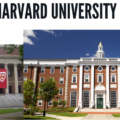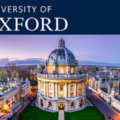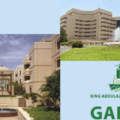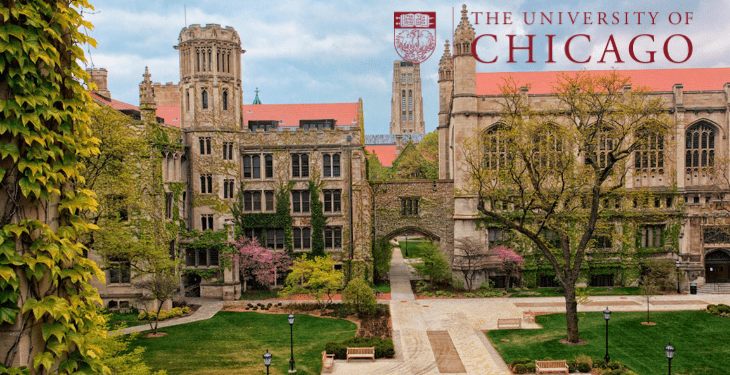The University of Cambridge: A Brief History and Overview
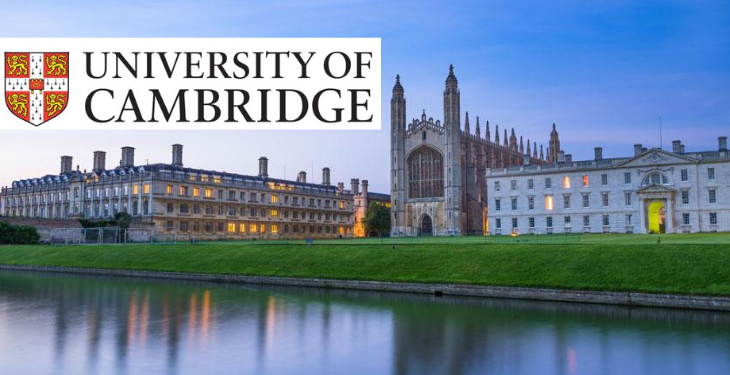
The University of Cambridge is a public research university in Cambridge, United Kingdom. Founded in 1209, it is the second-oldest university in the English-speaking world and the world’s fourth-oldest surviving university. The university grew out of an association of scholars who left Oxford after a dispute with the townspeople.
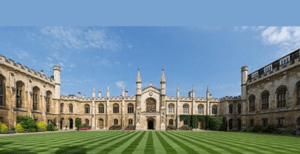
Cambridge is a collegiate university, comprising 31 constituent colleges and a central university. All students are members of a college, which provides them with accommodation, meals, and supervision. Undergraduate teaching at Cambridge is organized around weekly small-group supervisions in the colleges, supported by classes and lectures provided by university faculties and departments. The faculties and departments oversee postgraduate instruction.
Cambridge has educated many notable alumni, including 89 Nobel laureates, 26 British prime ministers, and many other world leaders, scientists, and artists. The university is a member of the Russell Group, the League of European Research Universities, and the Coimbra Group.
Cambridge is a popular tourist destination, and its many colleges, libraries, and museums are open to the public. The university also hosts a number of annual events, including the Cambridge Union debating competition and the Cambridge Folk Festival.
- The University of Cambridge is a public research university in Cambridge, England.
- It was founded in 1209 and is the second-oldest university in the English-speaking world and the fourth-oldest in the world in continuous operation.
- The university comprises 31 constituent colleges and a central university and is organized into six schools:
- Arts and Humanities
- Biological Sciences
- Clinical Medicine
- Engineering
- Mathematics, Physical Sciences, and Technology
- Social and Political Sciences
- Cambridge is a member of the Russell Group of research-intensive universities in the United Kingdom.
- It is also a member of the Coimbra Group, a network of 48 European universities, and the League of European Research Universities.
- Cambridge is consistently ranked among the top universities in the world.
- In the 2023 QS World University Rankings, Cambridge was ranked second in the world.
- In the 2023 Times Higher Education World University Rankings, Cambridge was ranked third in the world.
- Cambridge has produced many notable alumni, including 89 Nobel laureates, 28 British prime ministers, and 17 Fields medalists.
The university is home to many world-renowned academic departments and research centers.
- The Cavendish Laboratory is one of the world’s leading physics laboratories.
- The Whipple Laboratory is a world-renowned center for astrophysics.
- The Isaac Newton Institute for Mathematical Sciences is a leading center for mathematical research.
- The Cambridge Center for Advanced Study is a leading center for interdisciplinary research.
Cambridge is also home to a number of world-class museums and libraries.
- The Fitzwilliam Museum is a major art museum.
- The Cambridge University Library is one of the largest university libraries in the world.
- The Churchill Archives Center is a leading repository for historical documents.
Cambridge is a beautiful city with a rich history and culture.
- The city is home to many historic buildings, including King’s College Chapel and the Senate House.
- Cambridge is also home to a number of parks and gardens, including the University Botanic Garden.
Cambridge is a vibrant and cosmopolitan city with a thriving student population.
- The city is home to a wide range of cultural and sporting activities.
- Cambridge is also a popular tourist destination.
